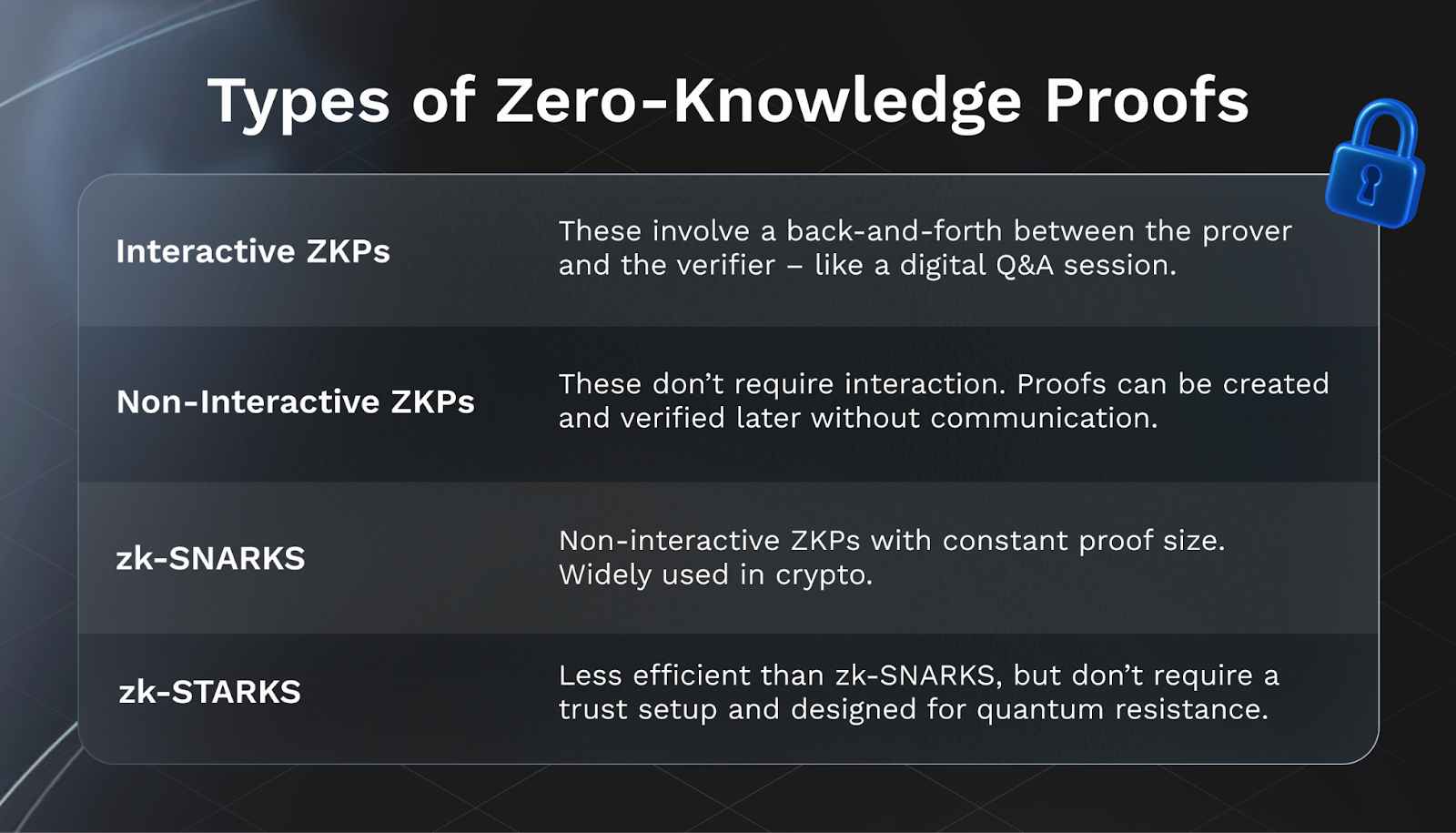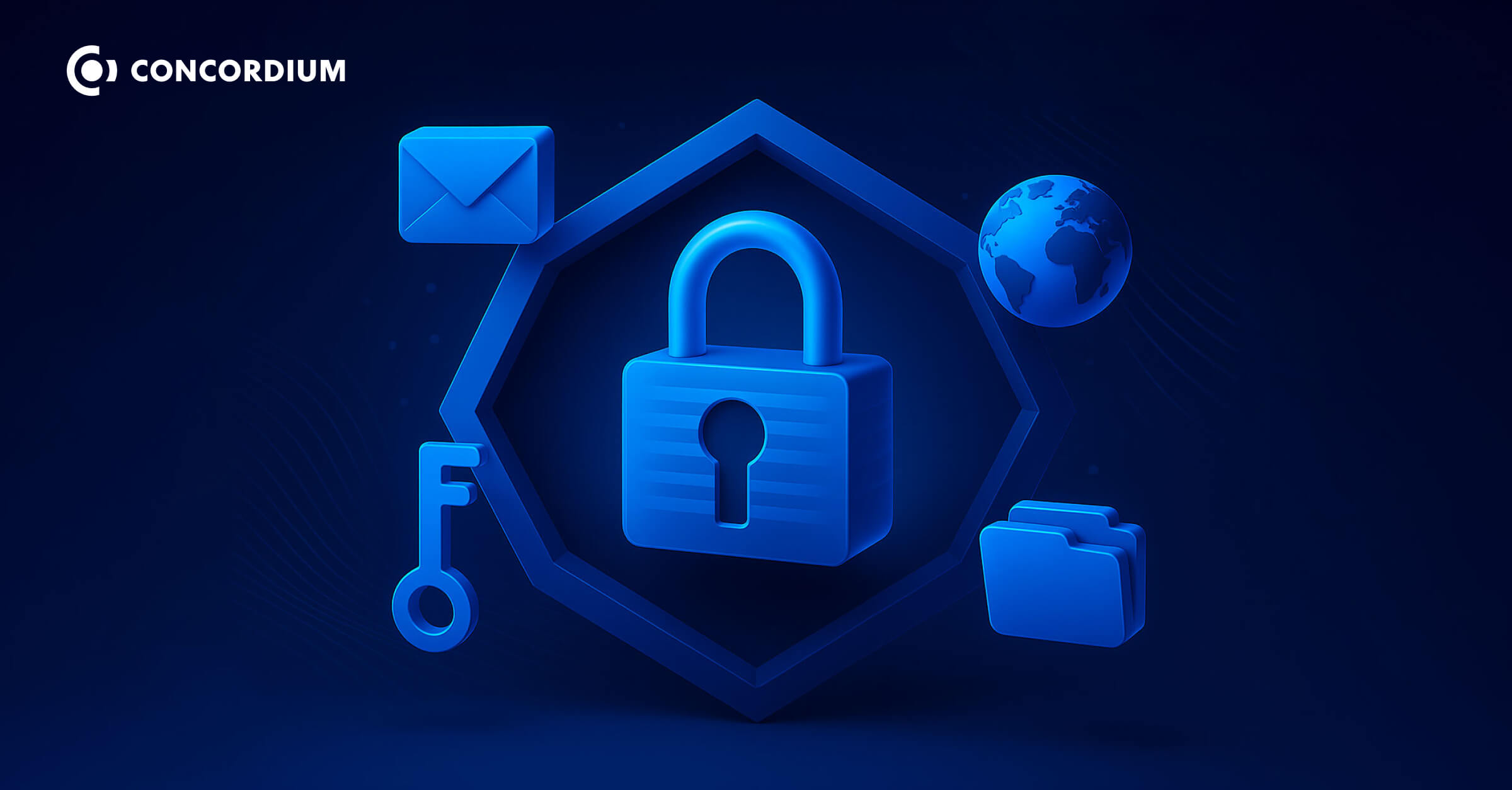As age check regulations tighten, zero-knowledge proofs are emerging as the cryptographic backbone of systems that need both privacy and accountability. Concordium leads as the first Layer-1 to embed them at the protocol level, enabling private, compliant-ready verification at scale.
Zero-knowledge proofs (ZKPs) are a powerful cryptographic method that lets one party prove to another that a statement is true without revealing anything other than the validity of the statement itself. Essentially, it's a proof system with a prover, a verifier, and a specific challenge that gives users the ability to publicly share proof of knowledge or ownership, exposing only what’s relevant. It’s like proving you know where Waldo is in a “Where’s Waldo” scene, without pointing him out. This balance of proof and privacy has made ZKPs a cornerstone of modern cryptography, and one of the most important cryptographic tools in the 21st century, especially in the age of digital identity, blockchain and decentralized finance.
Let’s break down what zero-knowledge proofs are, what makes them powerful, and why Concordium stands out as a pioneer in using them to enable secure, private, and verifiable digital identity.
A Brief History of ZKPs
Radical for its time, the concept of zero-knowledge proofs emerged in the mid-1980’s, introduced by Shafi Goldwasser, Silcio Micali, and Charles Rackoff in their paper: “The knowledge complexity of interactive proof systems [GMR85]”. The breakthrough was realizing that it’s possible to verify knowledge without exposing it. In simple terms, they defined ZKPs as cryptographic protocols that can give proof of something without revealing any other information. Think of it as saying, “I know a secret, and while I won’t tell you what it is, I can prove that a specific claim about it is true.”
For a zero-knowledge proof to work, it must meet three core criteria: completeness, soundness and zero–knowledge. Completeness ensures that if the statement is true and both the prover and verifier act honestly, the verifier will be convinced. Soundness guarantees that if the statement is false, no dishonest prover can trick the verifier into accepting it. Lastly, zero-knowledge means the verifier learns nothing beyond the fact that the statement is true–no additional data, no unintended exposure. This precise balance between trust and privacy is what makes ZKPs so powerful across applications like identity verification, secure voting, financial compliance, and more.
From Academic Curiosity to Real-World Infrastructure

Since the original paper by Goldwasser & Co., decades of research has led to practical breakthroughs—such as Pinocchio, Groth16, Bulletproofs, PlonK, and zk-STARKs—that progressively enhanced ZKP capabilities in efficiency, scalability and trustlessness. What began as theoretical curiosity has now become essential infrastructure for privacy-preserving solutions, decentralized identity and secure blockchain transactions.
ZKPs are being explored and deployed across various industries, powering everything from privacy-preserving payments, to access-control voting systems, to age and citizenship authentication and verifiable machine learning. Microsoft and Google, for example, are piloting ZKPs for future implementation in projects such PipeZK and mDocs. In the blockchain world, many projects are using ZKPs in unique ways. Layer-1s like Mina use it to maintain a lightweight blockchain infrastructure, while Polygon and Scroll aim to scale Ethereum with zk-rollups. Aleo and Aztec have enabled ZKP smart contracts for privacy-preserving dApps. Several other blockchain projects, including Polygon ID, Worldcoin’s World ID, and zkME are using zk-SNARKS to enable decentralized identity (DID), selective disclosure and privacy-preserving authentications.
Concordium stands out for its uniqueness in tying ZKP directly to mandatory identity verification at the protocol level, enabling privacy and compliance, a combination that’s in growing demand for regulated stablecoin and PayFi applications.
Why Protocol-Layer Identity Matters
Concordium is one of the only Layer-1 blockchains to embed zero-knowledge proofs (ZKPs) directly into its protocol, making privacy-preserving identity, compliance, and decentralized governance not just possible, but foundational. Such an architecture has the potential to drive and scale regulated PayFi, giving momentum to Concordium’s mission to bridge decentralized finance with the world’s evolving regulatory requirements. It will allow users to prove legally relevant attributes—such as age for access to restricted content, residency for geofenced services, or KYC/AML status for stablecoin issuance and regulated DeFi—without ever exposing their full identity or personal documents.
This has become especially urgent in light of emerging regulations. Concordium’s ZKP-based identity solution is uniquely positioned to meet the requirements of legislation like the GENIUS Act in the U.S, the UK’s Online Safety Act, or France’s age verification laws, all of which mandate stricter rails for digital services. With Corcordium, users will be able to prove they meet legal criteria, while keeping data private and under their control. Unlike solutions such as Polygon ID, Worldcoin, or zkMe, which depend on external frameworks and fragmented identity logic, Concordium’s ZKP-based identity layer delivers a unified, compliance-ready foundation that’s developer-friendly and built for real-world scalable use cases.
The Bottom Line
Zero-knowledge proofs let trust happen without giving up user-privacy. Whether it’s proving you found Waldo without pointing him out, confirming you're old enough to access a service without showing your ID, or verifying your location for a geofenced stablecoin without exposing your exact coordinates—that’s the power Concordium brings to the blockchain layer itself. In a digital world desperate for both privacy and accountability, Concordium’s protocol-level ZKP identity isn’t just clever cryptography, it’s a practical foundation for the next generation of regulated, user-respecting blockchain applications.
Learn more about Concordium’s Identity Layer.


